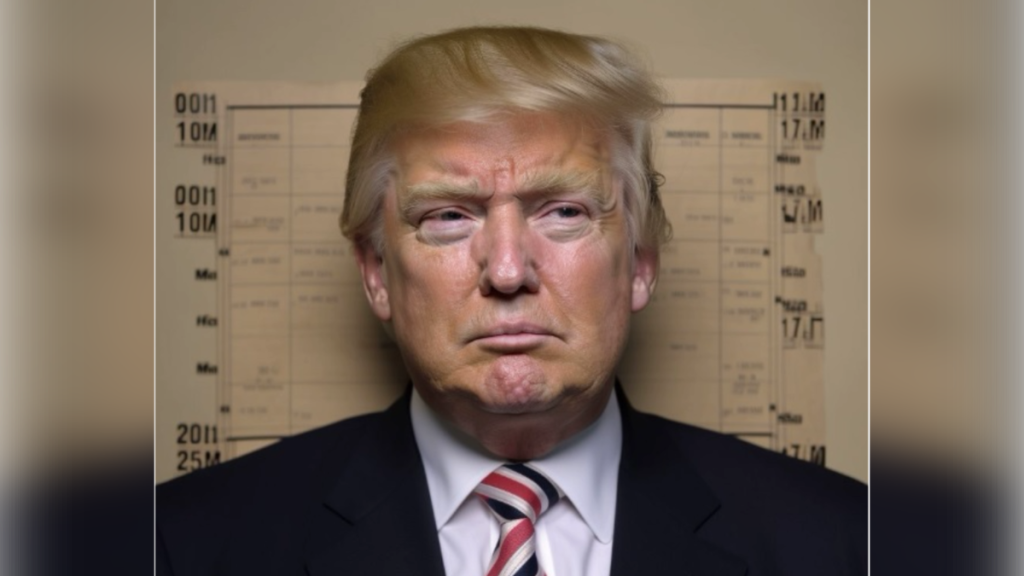President Trump Meets with King Abdullah of Jordan Amid High-Stakes Diplomacy
Washington, D.C. — In a pivotal diplomatic engagement, President Donald Trump welcomed King Abdullah II of Jordan to the White House today. The meeting comes at a crucial time, as the U.S. administration navigates complex international challenges, including the ongoing conflict in the Middle East and shifting global trade policies.
A Critical Discussion on Middle East Stability
One of the key topics on the agenda was the U.S. proposal regarding the potential resettlement of Palestinian refugees from Gaza to neighboring countries, including Jordan. The proposal has sparked significant concerns among Jordanian leadership, with King Abdullah expected to firmly express his nation’s stance on maintaining regional stability and ensuring Jordan’s sovereignty in the matter.
The discussions also touched on broader Middle Eastern security concerns, counterterrorism efforts, and the role of diplomatic partnerships in fostering long-term peace.
U.S.-Jordan Bilateral Relations Strengthened
Despite differences on certain policy approaches, both leaders emphasized the strong historical ties between the United States and Jordan. Jordan has been a key strategic partner in counterterrorism initiatives and regional peacekeeping efforts. President Trump reiterated America’s commitment to supporting Jordan’s economic and security interests while maintaining a balanced approach to regional challenges.
Economic and Trade Policies Under the Spotlight
The meeting also followed the U.S. administration’s recent decision to impose a 25% tariff on steel and aluminum imports, a move that has stirred global trade tensions. While the European Union has voiced strong opposition, Jordan’s economic relations with the U.S. remain an important aspect of diplomatic cooperation.
Hamas Ultimatum and Global Reactions
Adding to the high-stakes nature of the meeting, President Trump recently issued an ultimatum to Hamas, demanding the release of Israeli hostages by Saturday. Hamas has since dismissed the ultimatum, asserting that such threats hold “no value.” The international community watches closely as tensions in the region continue to escalate.
Symbolic Moments and Policy Shifts
In a lighter moment during the day, President Trump signed an executive order reversing a prior initiative to replace plastic straws with paper ones in government facilities. Demonstrating his stance, he took a sip of Diet Coke using a plastic straw, signaling his opposition to environmental regulations he deems unnecessary.
Looking Ahead
As diplomatic efforts continue, today’s meeting underscores the intricate balance of U.S. foreign policy in the Middle East. With King Abdullah’s firm position on refugee resettlement and regional security, the discussions signal the ongoing complexities of international relations.
The outcomes of this engagement will likely shape future policies, influencing diplomatic, economic, and security decisions for both nations in the months ahead.


